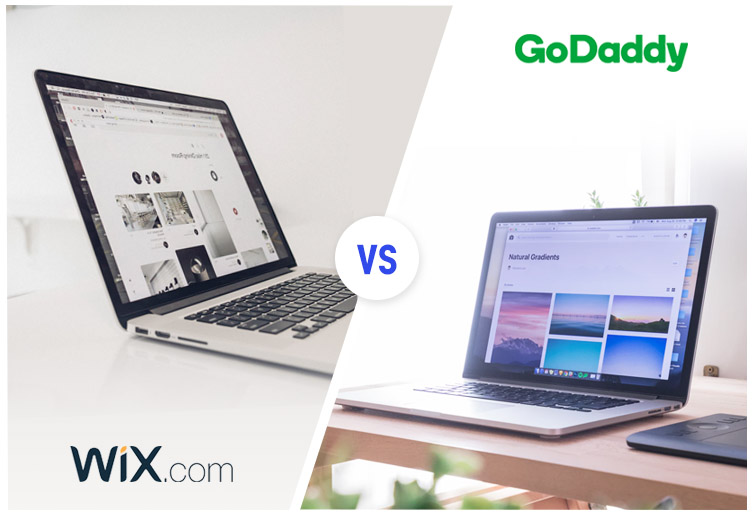Key Factors to Consider When Selecting an E-Commerce Platform Builder
Discover essential factors for selecting the perfect e-commerce platform builder. From budgeting and requirements to themes, support, and reputation, this guide helps you make an informed decision for your online store's success.

Key Factors to Consider When Selecting an E-Commerce Platform Builder
Whether you're establishing a new business or creating a personal online store, choosing the right e-commerce platform builder is essential. It allows you to build your website quickly without the need for extensive technical skills or hiring developers. With many options available, selecting the ideal builder can be challenging, especially for newcomers. Knowing what features and capabilities you need will greatly enhance your experience and ensure a smooth shopping experience for your customers.
To simplify your decision-making process, here are important aspects to evaluate before choosing an e-commerce platform builder. Explore top-rated e-commerce builders.
1. Budget Planning
Start by defining your budget for building an online store. Consider expenses such as domain registration, hosting, images, and content creation. While free plans are available, advanced features often require monthly payments ranging from $5 to $50. If funds are limited, opt for bundled plans that combine various services to maximize value.
2. Identify Your Needs
Clarify what you want your online store to achieve. This includes assessing your design skills and the degree of customization needed. Consider media elements like blogs, photo galleries, videos, and mobile responsiveness, which are crucial for most modern e-commerce sites. Ensure your selected platform supports these features seamlessly.
3. User-Friendliness
While most e-commerce builders don't require coding, ease of use varies. Look for intuitive drag-and-drop editors and simple interfaces. It can be helpful to consult current users to understand potential challenges and the learning curve involved in using a particular platform.
4. Theme Options
The visual appearance of your website hinges on available themes. Make sure the builder provides a diverse selection you can customize to create a unique storefront. Limited theme options may restrict your creative freedom, so choose a platform with ample customization possibilities.
5. Resources and Support
Preparing to learn and adapt is vital. Select a platform that offers comprehensive tutorials, guides, and resource materials—videos or written—to help you get the most out of its features. Good support resources reduce your learning curve and enhance your website-building experience.
6. Support and Credibility
Choose a provider known for a strong reputation. Read customer reviews to gauge reliability and service quality. Effective customer support is crucial, allowing you to resolve issues promptly and keep your store running smoothly.
Popular and reliable e-commerce builders include Shopify, Weebly, BigCommerce, Magento, and Wix. These platforms balance functionality with ease of use while maintaining high standards of quality.










